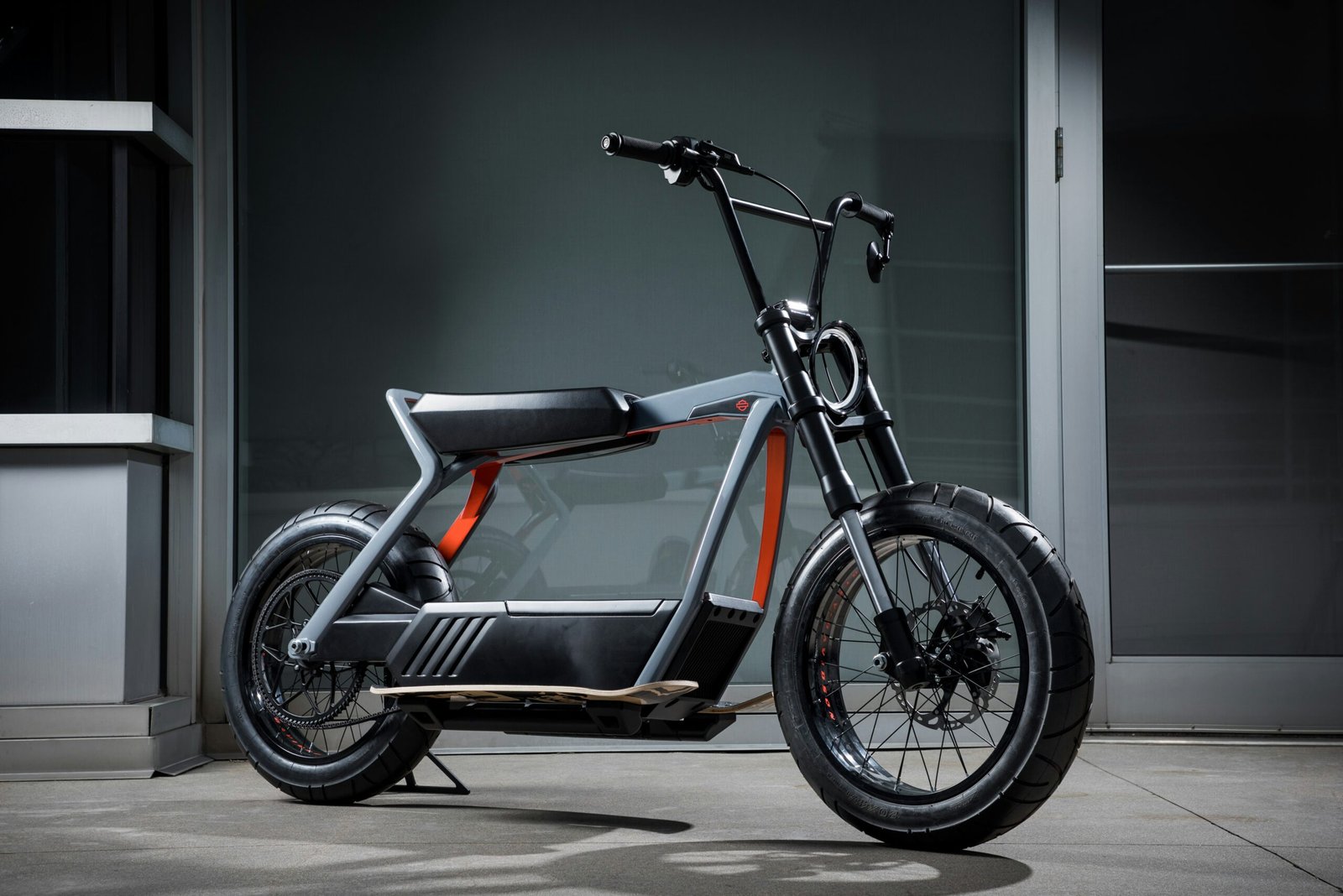
Photo by <a href="https://unsplash.com/@harleydavidson" rel="nofollow">Harley-Davidson</a> on <a href="https://unsplash.com/?utm_source=hostinger&utm_medium=referral" rel="nofollow">Unsplash</a>
Introduction
Welcome to our blog, where we will explore the exciting world of transportation innovations. In this fast-paced era, the transportation industry is undergoing a significant transformation, driven by advancements in electric vehicles (EVs) and autonomous driving technology. It is crucial to stay informed about the latest trends, advancements, and challenges that are shaping the future of mobility. Join us on this journey as we delve into the world of transportation and discover the possibilities that lie ahead.
Electric Vehicles: Powering the Future
One of the most significant advancements in the transportation industry is the rise of electric vehicles. EV technology has come a long way since its inception, and it is now poised to revolutionize the way we travel. With zero-emissions and reduced dependence on fossil fuels, electric cars offer a sustainable transportation solution for a greener future.
The adoption of EVs has been steadily increasing, thanks to the efforts of automakers, governments, and environmental enthusiasts. As the demand for electric cars grows, so does the need for a robust EV infrastructure. Charging stations are popping up in cities and along highways, making it easier for EV owners to recharge their vehicles on the go. This infrastructure expansion is a crucial step towards widespread EV adoption.
While EVs have gained popularity, there are still challenges to overcome. Range anxiety, or the fear of running out of battery while on the road, is a concern for many potential EV buyers. However, advancements in battery technology are addressing this issue, with longer ranges and faster charging times becoming a reality. As the EV market continues to evolve, we can expect even more breakthroughs in battery technology that will further enhance the appeal of electric vehicles.
Autonomous Driving: Redefining Mobility
Another transportation innovation that is reshaping the industry is autonomous driving. Self-driving cars have captured the imagination of both tech enthusiasts and the general public. With the potential to increase road safety, improve traffic flow, and enhance mobility for the elderly and disabled, autonomous vehicles hold great promise for the future.
The development of autonomous vehicle technology involves a complex mix of artificial intelligence, sensors, and advanced computing systems. Companies like Tesla, Waymo, and Uber are at the forefront of this revolution, investing heavily in research and development to bring autonomous driving to the masses. As the technology matures and regulatory frameworks are put in place, we can expect to see more autonomous vehicles on our roads.
However, the road to fully autonomous driving is not without its challenges. Safety concerns, ethical dilemmas, and the need for robust cybersecurity measures are just a few of the hurdles that need to be overcome. Despite these challenges, the potential benefits of autonomous driving are undeniable. It has the power to transform our cities, reduce traffic congestion, and make transportation more efficient and accessible for all.
Mobility Solutions for the Future
As transportation evolves, so do the solutions that support it. The future of mobility lies in integrated systems that seamlessly connect various modes of transportation. Smart transportation solutions, such as ride-sharing platforms and mobility-as-a-service (MaaS) models, are gaining traction in urban areas.
Ride-sharing platforms like Uber and Lyft have revolutionized the way we travel, offering convenient, cost-effective alternatives to traditional taxis. These platforms leverage technology to connect passengers with drivers, making transportation more accessible and efficient. Additionally, MaaS models aim to provide a comprehensive mobility solution by integrating various modes of transportation, such as buses, trains, bikes, and scooters, into a single platform. This approach encourages multi-modal transportation and reduces reliance on private cars.
Furthermore, the concept of smart cities is closely intertwined with the future of mobility. By leveraging data and technology, cities can optimize transportation systems, reduce congestion, and improve the overall quality of life for residents. From intelligent traffic management to connected infrastructure, smart cities are paving the way for a more sustainable and efficient transportation future.
The Future is Here
Transportation advancements are happening at an unprecedented pace, and the future of mobility holds immense possibilities. From electric vehicles to autonomous driving, the transportation industry is undergoing a remarkable transformation. As we embrace these innovations, it is crucial to address the challenges that come with them and ensure that they benefit society as a whole.
By staying informed about the latest trends and advancements in transportation technology, we can actively participate in shaping the future of mobility. Whether it’s through supporting EV adoption, advocating for safe and ethical autonomous driving, or embracing smart transportation solutions, each one of us has a role to play in creating a sustainable and efficient transportation system.
Join us on this exciting journey as we explore the transportation innovations that are shaping our world. Together, let’s drive towards a future of sustainable transportation, enhanced mobility, and a better quality of life for all.



